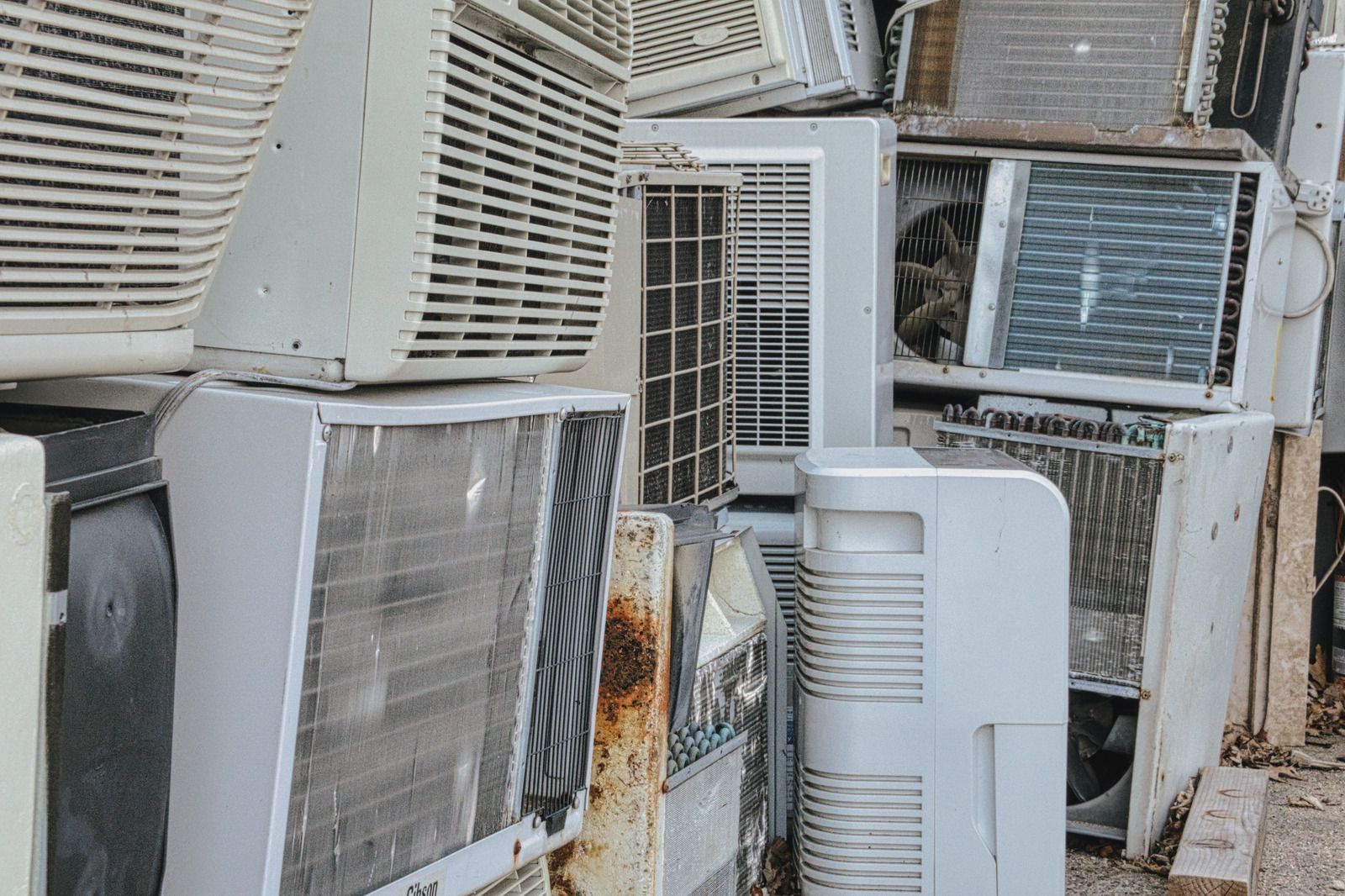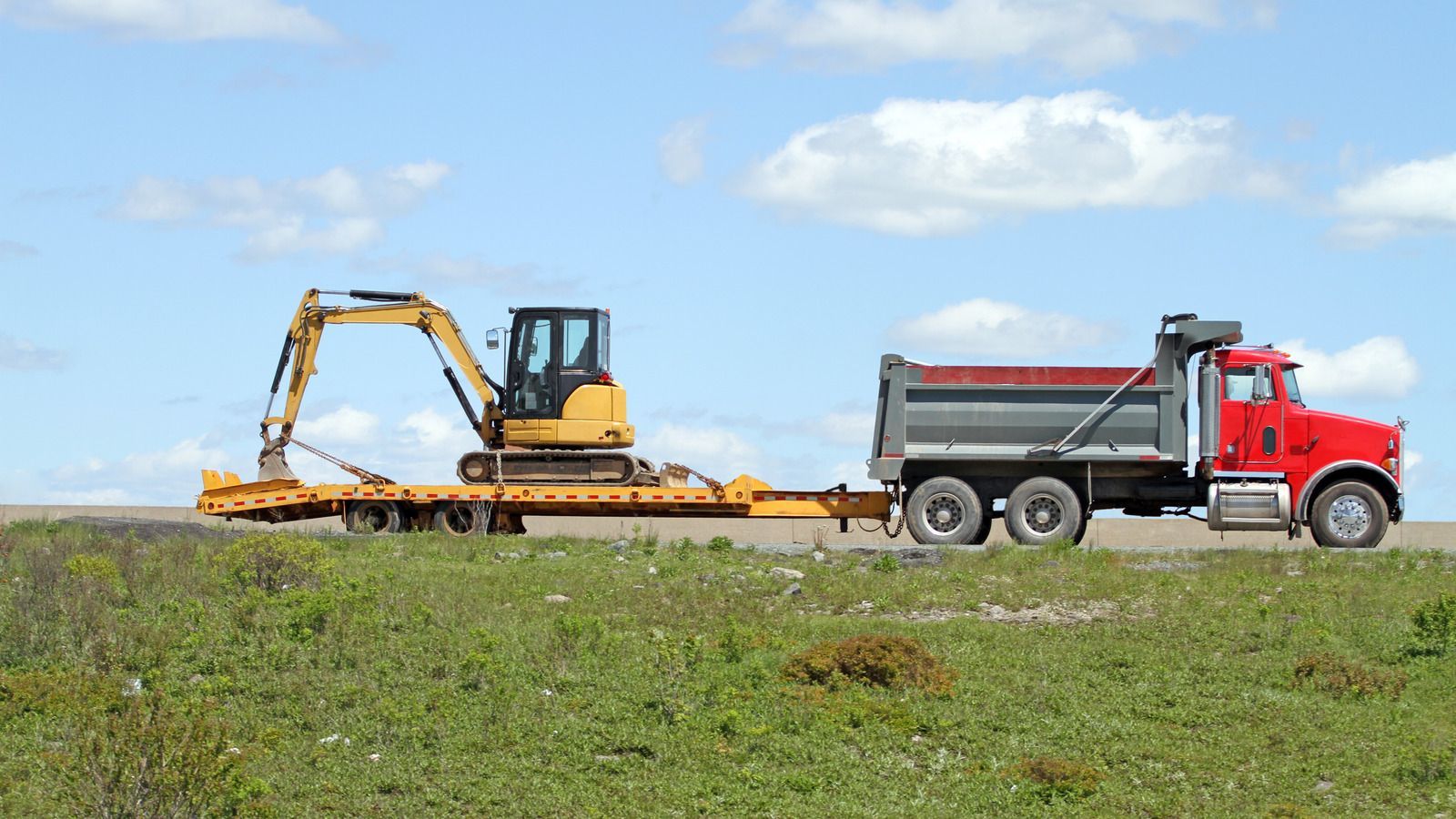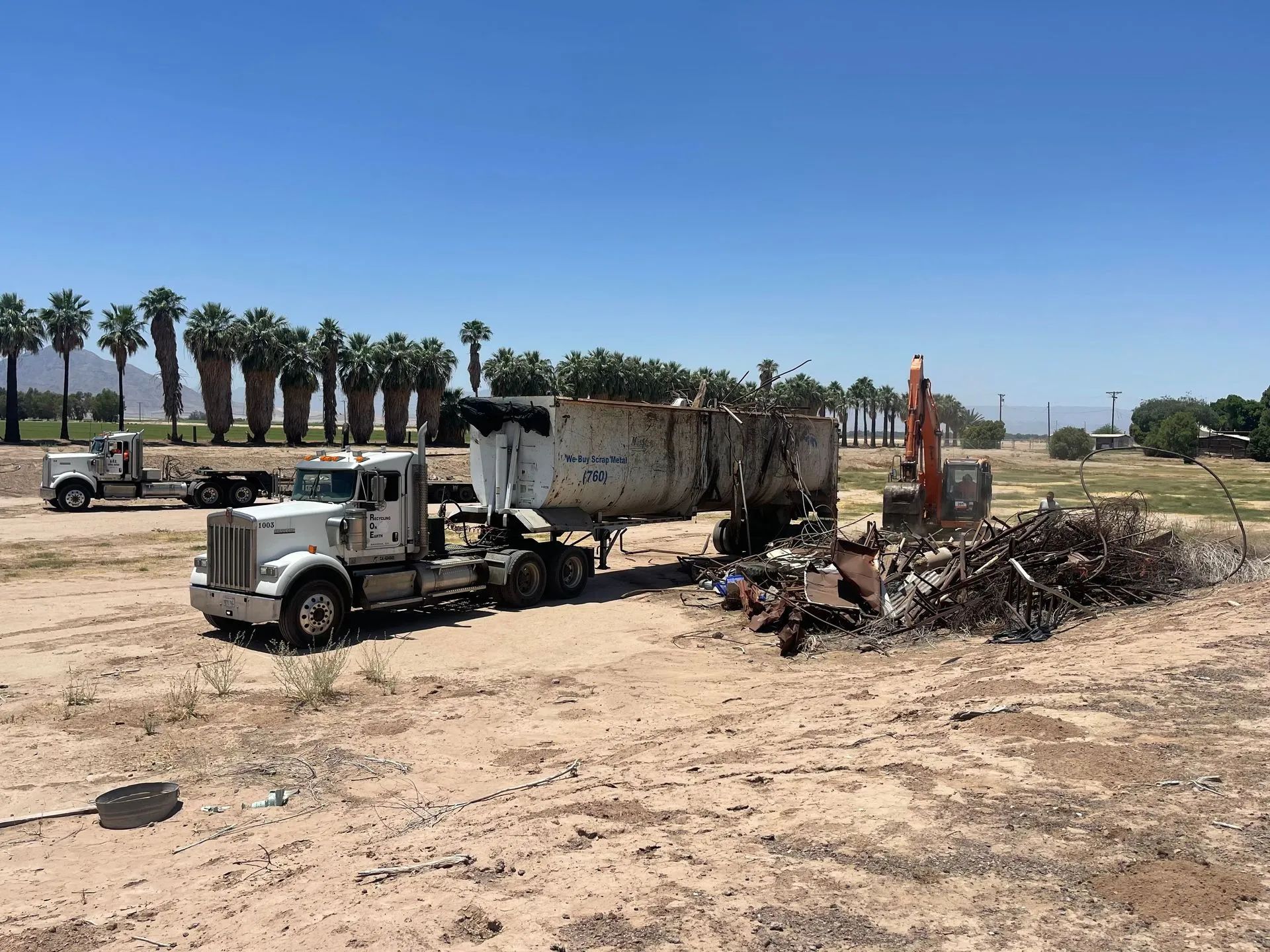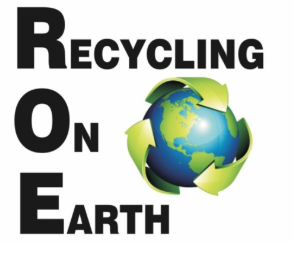The Importance of Proper HVAC Recycling: How to Dispose of Old Units Safely
When it's time to replace an old HVAC unit, proper disposal is essential for both environmental and regulatory reasons. HVAC systems contain metals, refrigerants, and other materials that can be harmful if not handled correctly. Recycling old units helps reduce waste, conserve valuable resources, and prevent hazardous chemicals from polluting the environment. In this blog, we’ll explore why proper HVAC recycling is important and how you can safely dispose of old units.
Why Proper HVAC Recycling Matters
1. Environmental Protection
HVAC systems contain refrigerants such as chlorofluorocarbons (CFCs) and hydrofluorocarbons (HFCs), which contribute to ozone depletion and global warming if released into the atmosphere. Proper recycling ensures these harmful chemicals are safely removed and disposed of in compliance with environmental regulations.
2. Resource Conservation
HVAC units are made of valuable materials like copper, aluminum, and steel. Recycling these metals reduces the need for mining raw materials and helps conserve natural resources. This not only minimizes environmental impact but also supports a more sustainable manufacturing process.
3. Regulatory Compliance
Federal and state laws require HVAC recycling and proper refrigerant recovery. Failure to comply with these regulations can result in fines and legal consequences. Working with a professional recycling service ensures compliance with all applicable laws and guidelines.
4. Reduced Landfill Waste
When HVAC units are dumped in landfills, they take up valuable space and may release toxic substances into the soil and water. Recycling keeps these materials out of landfills and promotes responsible waste management.
How to Safely Dispose of Old HVAC Units
1. Hire a Professional HVAC Recycling Service
The safest and most efficient way to recycle an HVAC unit is to work with a licensed recycling center. Professionals have the equipment and knowledge to safely remove refrigerants, extract valuable metals, and ensure proper disposal of hazardous materials.
2. Schedule an On-Site Pickup
Many recycling centers offer on-site pickup services, making it convenient to dispose of large HVAC units. This eliminates the hassle of transporting heavy equipment and ensures compliance with disposal regulations.
3. Consider a Trade-In Program
Some HVAC manufacturers and retailers offer trade-in programs where they recycle old units when you purchase a new one. This is an easy way to ensure your old system is disposed of properly while potentially saving money on your upgrade.
4. Ensure Refrigerant Recovery
Refrigerants must be safely recovered before an HVAC unit is recycled. This process should only be handled by certified technicians using specialized equipment to prevent leaks and ensure environmental safety.
5. Dismantle and Separate Components
For those who prefer a DIY approach, HVAC units can be dismantled, and materials such as copper wiring, aluminum coils, and steel components can be separated for recycling. However, refrigerant recovery and hazardous material disposal should always be left to professionals.
Choose Responsible HVAC Recycling
Proper HVAC recycling is not just a legal requirement—it’s a crucial step in protecting the environment and conserving valuable resources. By working with a professional recycling service like Recycling on Earth, you can ensure that your old HVAC units are disposed of safely, efficiently, and in compliance with all regulations.
If you need help recycling an old HVAC unit, contact Recycling on Earth today for reliable and eco-friendly disposal solutions!



